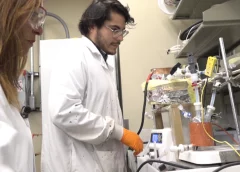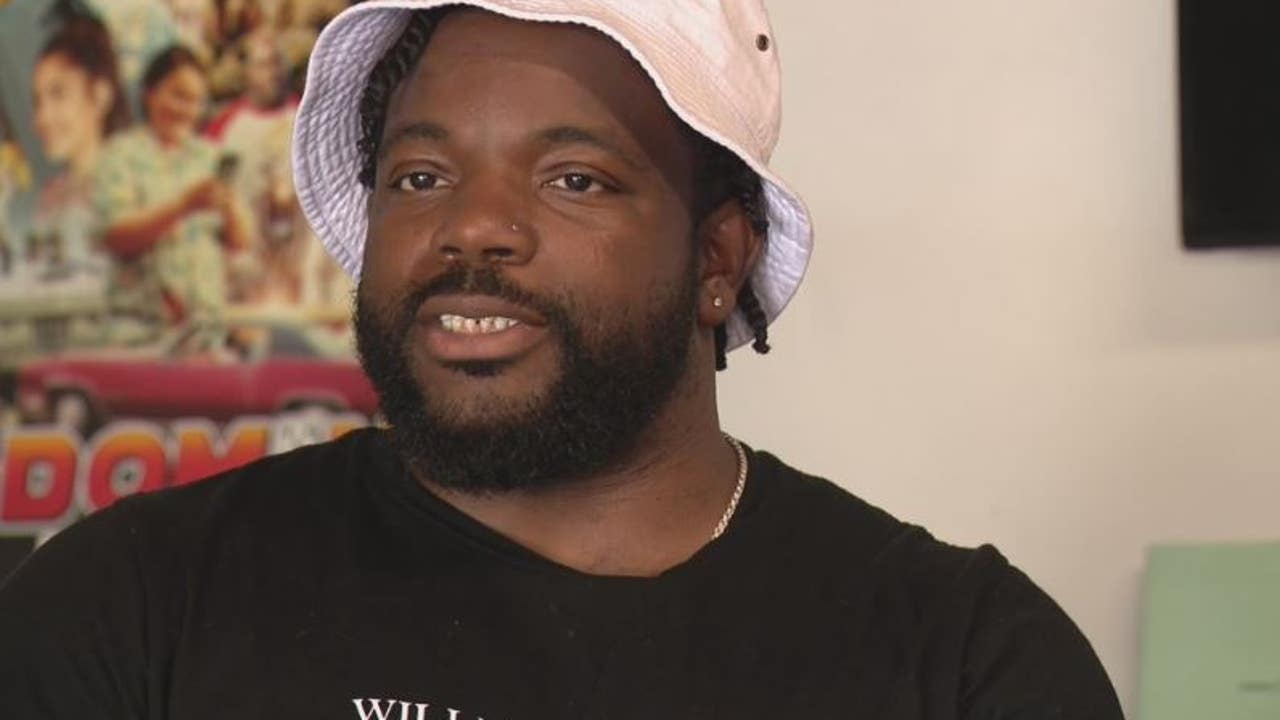
Texas Tech researching to make synthetic fertilizer
[ad_1]
LUBBOCK, Texas (KCBD) – Texas Tech University and four other institutions have partnered with the National Science Foundation (NSF) to produce more nitrogen-based fertilizer.
Texas Tech will be the headquarters for this project which includes Florida Agricultural and Mechanical University, Georgia Institute of Technology, Case Western Reserve University and the Massachusetts of Institute Technology.
With the $26 million grant Texas Tech received from NSF, it plans to discover technology that can capture nitrogen not used by plants, and recycle human and livestock waste.
“Taking innovation, taking Texas Tech out there to be the flagship in the world, for the whole world, because this is a global problem,” Director of the Center for Advancing Sustainable and Distributed Fertilizer Production (CASFER) at Texas Tech, Gerri Botte, said.
Botte says a fertilizer shortage can be caused by things that are just not controllable. She says one example of this is the blackout across Texas during the winter storm.
“A lot of the fertilizer that is done today relies on the natural gas, right, so when you have these limited sources, and so you cannot enable the hydrogen to make this fertilizer, then it makes a challenge of shortage, shortage of that,” Botte said.
Botte says there is an excess in waste that no one is using. She says the amount of waste a feedlot produces is equivalent to how much is needed to cure this fertilizer shortage.
“Instead of creating all this waste that is already there, we’re going to capture that waste and we are going to treat it, and we are going to convert it into this synthetic-based fertilizer, but the majority of that from waste,” Botte said.
Botte calls the world we live in today a nitrogen-polluted economy, and this new way of producing fertilizer will create a nitrogen-circular economy. She says this is important because without fertilizer we can’t grow the plants needed to feed everyone.
“We had an opportunity here to work in one of the grand challenges of the world, which is how do we feed the growing population while maintaining and sustaining our environment and that’s what CASFER is about,” Botte said.
This synthetic fertilizer takes a team of researchers, including researchers in health science.
“Because when you’re going to take waste and you’re going to convert that waste into synthetic fertilizer you have to make sure that toxicity isn’t going to be harmful to humans,” Botte said. “So, what we are calling this is a multidisciplinary team that has to come together to make this happen.”
Botte says this will also put more money into the Lubbock economy because Texas Tech is using the Lubbock Water Treatment Plant to gather waste.
“We are going to save that and we are going to change that economy off expanding resources to now becoming a model to convert that waste into something that is a value product,” Botte said.
Botte says there’s potential for this partnership to make Texas Tech a groundbreaker with more researchers following Tech’s footsteps.
Texas Tech can renew the grant in five years for $25 million. Gerri Botte says Tech will be applying for that renewal in five years.
Copyright 2022 KCBD. All rights reserved.
[ad_2]
Source link


